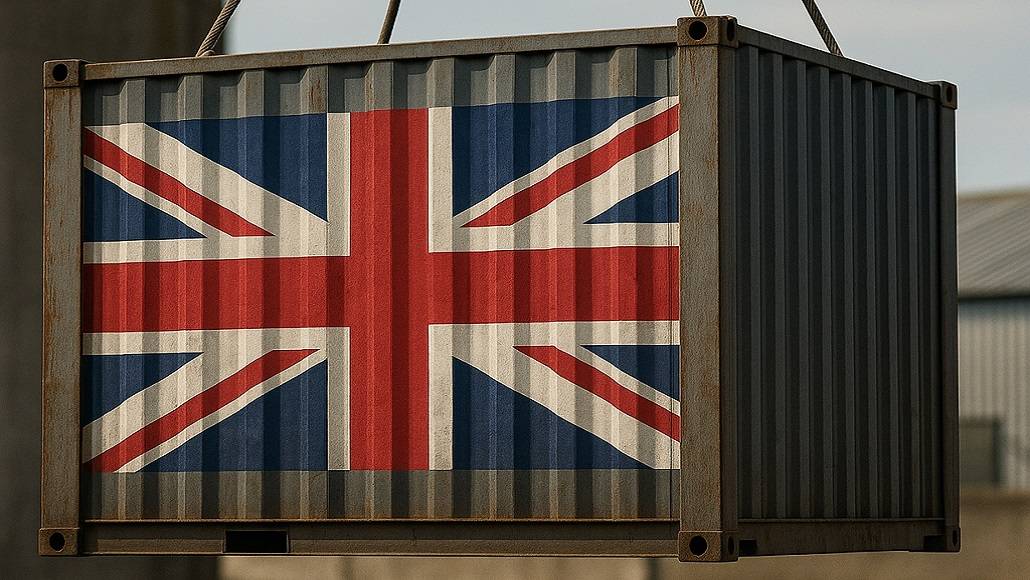A recent report from ESW and Retail Economics indicates that 76% of exporters in the UK are actively expanding their market presence to address concerns regarding tariffs. The study, titled “Rethinking Reach: How UK Retailers Are Turning Trade Pressure into Global Advantage,” showcases a notable transformation in the international growth strategies of larger UK retailers, driven by protectionist trade policies that have unsettled established export patterns.
Moreover, the findings reveal that 71% of smaller UK retailers feel ill-equipped to handle potential trade disruptions with the United States. A prominent challenge looming ahead is the planned increase in the U.S. baseline tariff to 10% in 2025, which could raise average duties on non-food exports from the UK from 2.3% to a staggering 17.2%. This looming change is prompting retailers to reconsider the viability of engaging in trade with the U.S., with over half suggesting it would be commercially impractical if tariffs exceeded 22%.
“UK retailers are undergoing a seismic shift in their export strategies. Retailers can no longer be overly reliant on a single trade corridor and are pivoting to new regions, including the Middle East and Asia-Pacific, where we are seeing exponential growth,” stated Jon Sheard, VP of ESW Northern Europe. The report emphasizes that the Middle East and Asia-Pacific are emerging as critical areas for growth amid a rapidly changing tariff landscape.
Significantly, exports to the Middle East and North Africa have surged by 34% from 2021 to 2024, with the UAE identified as the fastest-growing market for UK exports outside the EU. Furthermore, Western Europe (excluding the EU) and the Asia-Pacific regions have seen increases of 15% and 6%, respectively.
The recent finalization of trade negotiations between the UK and India offers another vital opportunity for diversification. This free trade agreement is designed to remove tariffs and improve market access, potentially opening new export pathways for sectors like fashion, textiles, and apparel.
Richard Lim, CEO of retail Economics, remarked: “Tariff volatility is reshaping the global retail landscape. Retailers can no longer rely solely on traditional export markets like the U.S. Instead, they’re evaluating new trade routes and pivoting toward high-growth regions to diversify risk and capture new demand. Now is the time for exporters to plan and act. Future success will depend on the ability to adapt, localise, and seize emerging trade opportunities.”
Additionally, the report highlights that 77% of retailers consider global brand-building a top priority, and two-thirds are prepared to compromise on profit margins to achieve export expansion. Major obstacles to international growth include logistics expenses, operational complexities, and regulatory uncertainties. The “Made in UK” label remains highly regarded globally due to rigorous safety and regulatory standards, and retailers are increasingly partnering with firms that offer comprehensive market entry services to help navigate the challenges of entering new markets.
































